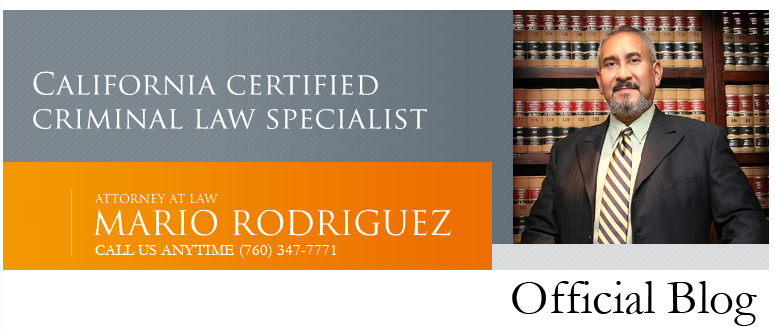Can I be interrogated after my rights are read to me?
You can be interrogated without an attorney if you give up, and are aware that you are giving up your right to have an attorney present. If you decide to allow yourself to be interrogated without an attorney present then change your mind, the interrogation must stop. If the interrogation continues after you request the presence of an attorney and you keep talking, what you say may still be used against you.
It is also possible you might have to perform physical tests. For examples, if you are suspected of driving under the influence of alcohol, it is possible to be asked to undergo a test to measure the level of alcohol in your body. If you deny that test, your drivers' license will be suspended
and your denial will be used as evidence against you in court. After you are arrested you are granted three local phone calls. You are required to pay for additional phone calls.
When should I hire an attorney?
It is important to contact an attorney as soon as possible if you are arrested for a serious crime. An attorney will have a better idea what you should or should not say to police officers during interrogation. An attorney can also explain the process to you, your family and friends.
Attorney Mario Rodriguez has over 28 years of experience and is a State Certified Criminal Law Specialist. For more information call 760-347-7771.
Sunday, February 22, 2009
Tuesday, January 27, 2009
What to know if you are arrested
What is an arrest?
An arrest occurs when you are taken into custody. Being, "in custody," basically means you are not at liberty to go where you please. Nevertheless a police officer can detain and interrogate you if they believe you were involved in a crime.
For example, a police officer can detain a suspect if he is seen carrying a large box near the scene of a robbery. Employees of a store can also detain someone if they think that person has stolen something from that store.
If you are detained or arrested remember that you do NOT have to answer any questions, except for giving your name and address as well as showing identification if asked.
What rights do I have if I am detained?
You do have certain rights when you are arrested. Before an officer of the law can ask you questions they must advise you that you have the right to remain silent. And that anything you say can and will be used against you. You have the right to have an attorney present during your interrogation.
These rights are known as "Miranda rights," and are guaranteed by the Constitution of the United States. If these rights are not read to you before any questioning occurs, an attorney can ask that anything you said during interrogation not be used against you in court. That does not mean that your case will get dismissed. This also applies to information you volunteer without the questioning of police officers.
Attorney Mario Rodriguez has over 28 years of experience and is a State Certified Criminal Law Specialist. For more information call 760-347-7771.
An arrest occurs when you are taken into custody. Being, "in custody," basically means you are not at liberty to go where you please. Nevertheless a police officer can detain and interrogate you if they believe you were involved in a crime.
For example, a police officer can detain a suspect if he is seen carrying a large box near the scene of a robbery. Employees of a store can also detain someone if they think that person has stolen something from that store.
If you are detained or arrested remember that you do NOT have to answer any questions, except for giving your name and address as well as showing identification if asked.
What rights do I have if I am detained?
You do have certain rights when you are arrested. Before an officer of the law can ask you questions they must advise you that you have the right to remain silent. And that anything you say can and will be used against you. You have the right to have an attorney present during your interrogation.
These rights are known as "Miranda rights," and are guaranteed by the Constitution of the United States. If these rights are not read to you before any questioning occurs, an attorney can ask that anything you said during interrogation not be used against you in court. That does not mean that your case will get dismissed. This also applies to information you volunteer without the questioning of police officers.
Attorney Mario Rodriguez has over 28 years of experience and is a State Certified Criminal Law Specialist. For more information call 760-347-7771.
Subscribe to:
Comments (Atom)
